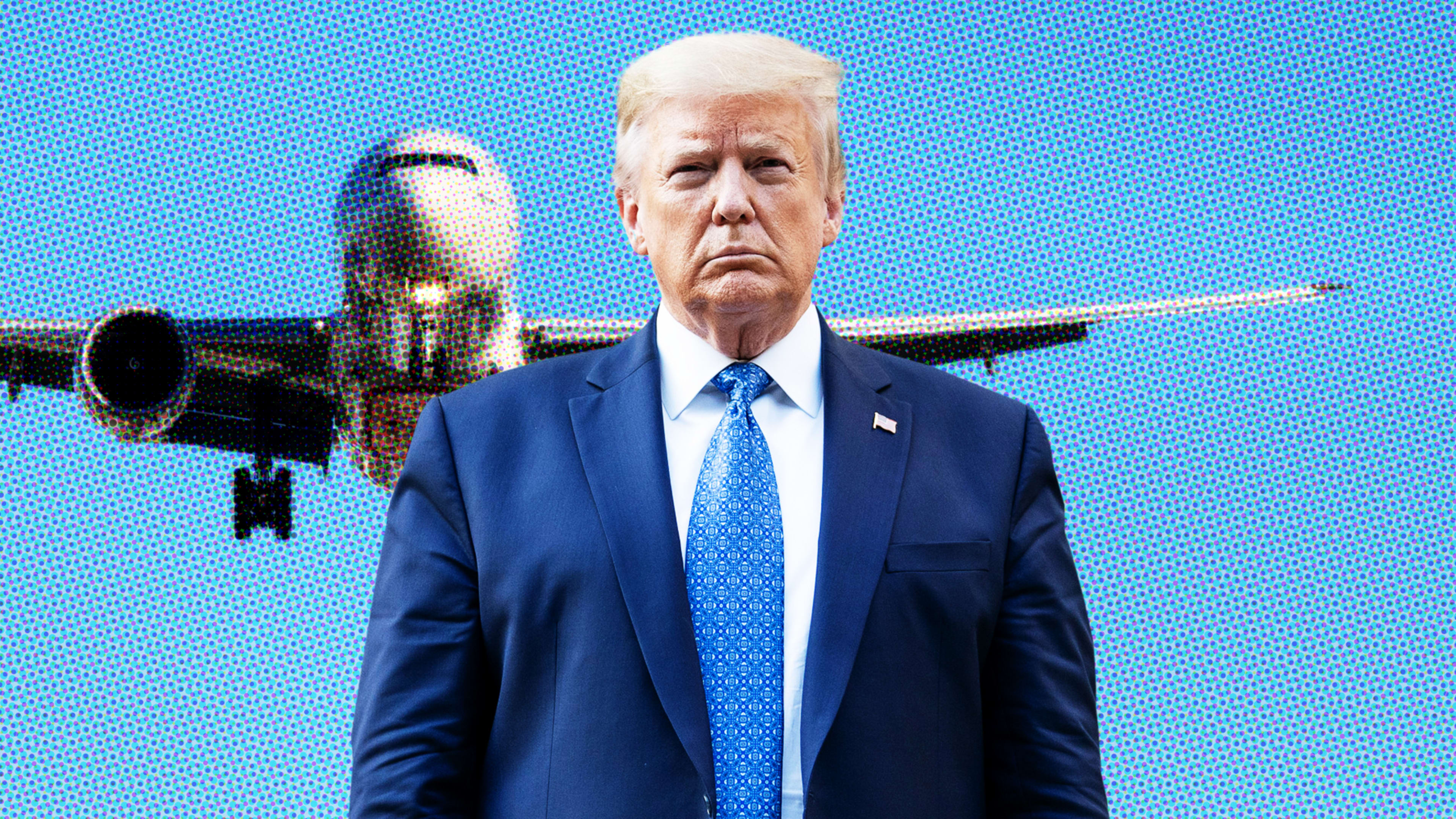On Monday, President Trump signed an order temporarily suspending employment-based visas for foreigners through the end of the year. The ban includes the H-1B visa for highly skilled workers, and is seen as an extension of Trump’s sweeping effort to limit immigration both before and during the coronavirus pandemic.
Here’s a primer on the ban, which takes effect today:
Why was it issued?
The Trump administration said worker visas that promote foreign immigration “[present] a significant threat to employment opportunities for Americans affected by the extraordinary economic disruptions caused by the COVID-19 outbreak,” and the new restrictions would safeguard “scarce” jobs for Americans in an “America-first recovery.”
However, the administration’s push to clamp down on immigration predates the coronavirus pandemic. White House staffer Stephen Miller, the architect behind Trump’s immigration policy—including 2017’s suspension of travel from seven majority-Muslim nations and 2018’s “zero tolerance” family separation rule at the U.S.-Mexico border—has a long history of opposing worker visas as part of his “Buy American, Hire American” campaign.
How long will it last?
The order is set to last through December 31, although the legislation allows for restrictions to continue past that date “as necessary.”
Who will be affected?
The ban includes H-1B visas for skilled workers, prevalent in the STEM industry and Silicon Valley for jobs in fields such as data science and software engineering, as well as H-4 visas for their family members, H-2B visas for seasonal workers in labor jobs including landscaping and construction, J-1 visas for short-term workers in cultural exchange programs including au pairs and camp counselors, and L-1 visas for intracompany transfers.
Officials have said the ban will likely block about 525,000 immigrants from entering the country through the end of the year.
What do people think?
The ban is lauded by immigration hardliners, who pressed for stricter immigration laws, and who were disappointed in April after a tweet from Trump teasing a full halt on immigration was followed by a more measured proclamation suspending new green cards for 60 days. Of the latest developments, a policy director for the anti-immigration group Center for Immigration Studies told the New York Times that “work visa suspensions will put the thumb on the labor market scale in favor of U.S. workers.”
But business leaders aren’t happy, arguing that the ban nullifies their ability to recruit workers overseas for jobs that Americans are either unwilling to do or incapable of filling. A June poll from The Pew Center for Research shows that almost two-thirds of Americans believe immigrants primarily perform jobs that Americans don’t want. And technology companies are irked by the H-1B ban, which prevents them from tapping into top talent internationally: Amazon, Microsoft, Intel, Google, Facebook, and Tesla executives have publicly criticized the move, stating that they use visas to fill positions when they’ve already exhausted the American workforce.
“America’s continued success depends on companies having access to the best talent from around the world. Particularly now, we need that talent to help contribute to America’s economic recovery,” said a statement from Google, whose concerns were echoed in similar messages from industry giants.
Recognize your brand’s excellence by applying to this year’s Brands That Matter Awards before the early-rate deadline, May 3.
